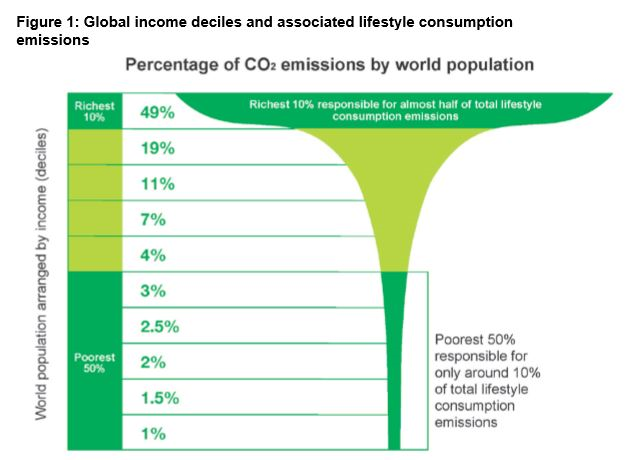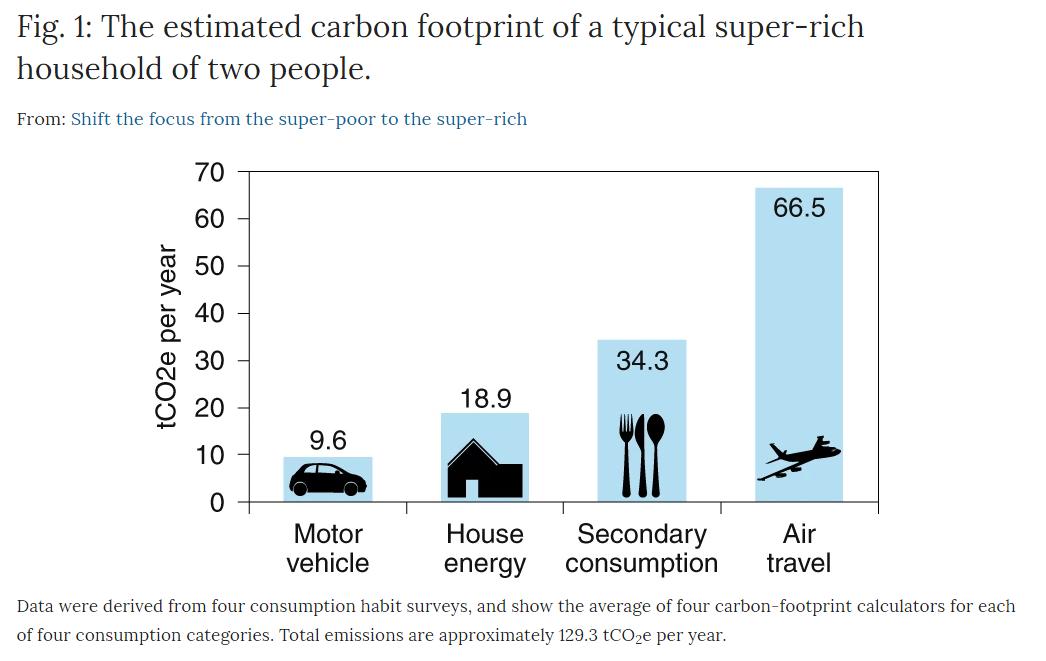
Important new study finds there is "no strong reason to shrink away from campaigns designed to increase individual action to reduce GHG emissions as they are often seen as complements rather than substitutes for transformative climate policy." 1/
sciencedirect.com/science/articl…
sciencedirect.com/science/articl…
The study adds nuance to the debate about whether to focus on individual change or system/political changes when it comes to the climate crisis. (It's not either or of course) @GreggRSparkman @Shahzeen @KHayhoe @michaelemann @StuartBCapstick @KevinClimate @GretaThunberg 2/
"Individual behavior change is a necessary part of the overall solution, although not sufficient alone, and we find engaging or reflecting on such change rarely leads to a belief that climate policy is unnecessary." 3/
"In fact, our studies suggest that campaigns to make lifestyle changes can help reach policy goals if they lead people to reflect on their behaviors in a way that is connected to their values or identity." 4/
h/t @ThierryAaron for highlighting the study. 5/
• • •
Missing some Tweet in this thread? You can try to
force a refresh








